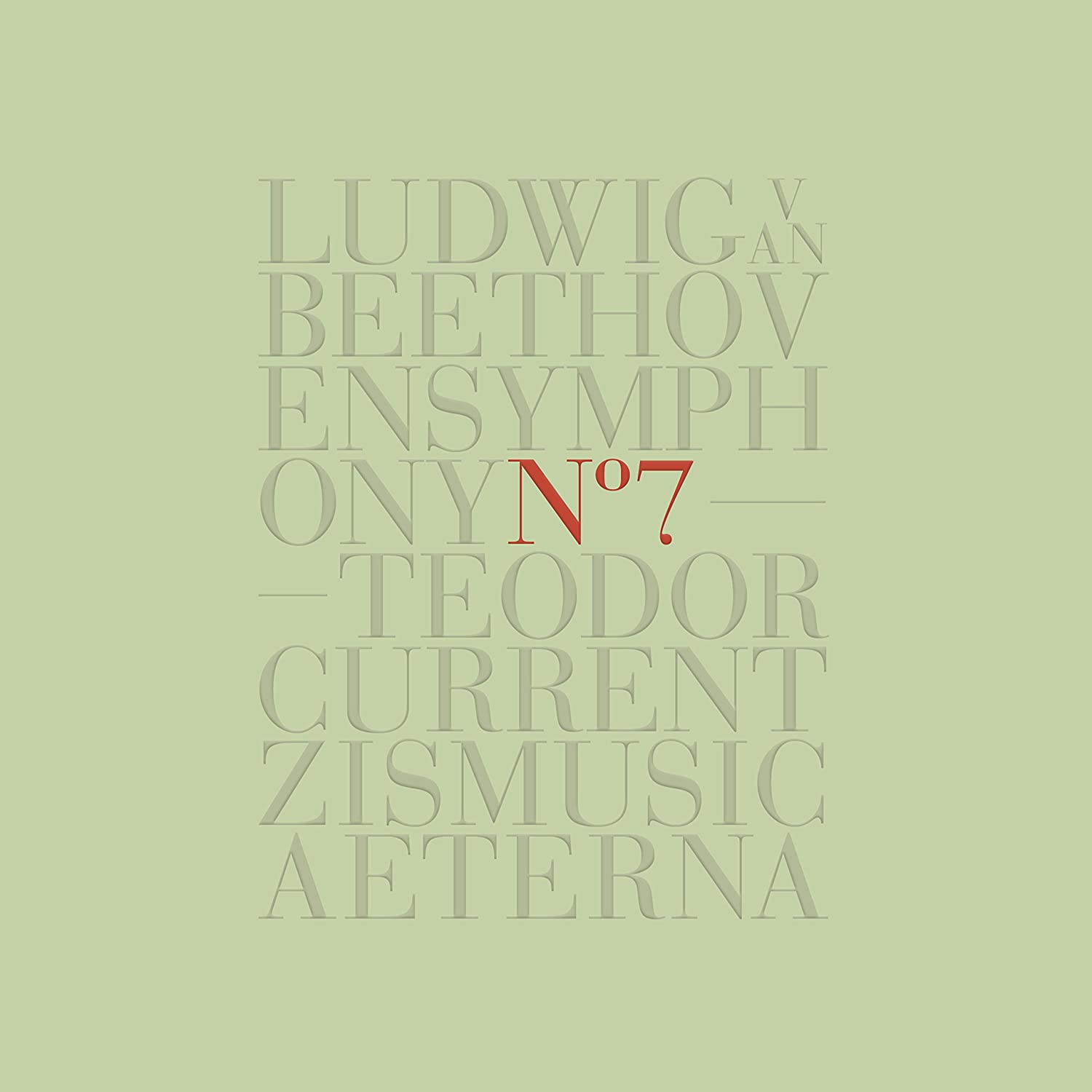BEETHOVEN Symphony No 7 (Currentzis)
View record and artist detailsRecord and Artist Details
Genre:
Orchestral
Label: Sony
Magazine Review Date: 04/2021
Media Format: CD or Download
Media Runtime: 40
Mastering:
DDD
Catalogue Number: 19439 74377-2

Tracks:
| Composition | Artist Credit |
|---|---|
| Symphony No. 7 |
Ludwig van Beethoven, Composer
MusicAeterna Teodor Currentzis, Conductor |
Author: Rob Cowan
As related in Peter Quantrill’s booklet note for this dynamic MusicAeterna Seventh, Teodor Currentzis seeks ‘an architecture that uncovers spirituality, not a spiritual approach that tries to find the architecture’. I would have thought that rather than uncover, architecture encloses – and the Seventh’s great quality is its ‘freshness and light’ (Currentzis’s words again). But no matter, these and related thoughts only go to underline the amount of dedication and perceptive thinking that has gone into this extremely singular view of the work, though to be truthful you could as well apply Currentzis’s words to performances under Manfred Honeck, Carlos Kleiber or Simon Rattle. His principal achievement is, to my ears, the projection of ‘light’.
And salient detail. At the start of the Allegretto, the winds reduce from f to pp, and the strings enter p, but with Currentzis their entry is more like ppp, while countermelodies are soulfully underlined and near the start of the first movement’s Vivace (six bars in, at 3'43") what frequently passes as an appoggiatura (which is how it’s written in my edition of the score) is flattened out. Gardiner does the same on his second recording (though not on his first), while Rattle in Berlin (on the BPO’s own label) passes on the option, though in Vienna (Warner Classics) he embellishes the gesture even further. A small point, I know, but fascinating. Thereafter with Currentzis, sforzandos strike like hammer blows. These and other details rally for attention, which makes for an absorbing listening experience overall.
Currentzis is an expert at underlining accompanying string lines; where they’re meant to scrub or sizzle, that’s what they do, especially near the close of the exposition (try from 5'40"). The dancing Scherzo holds to a swift, exhilarating tempo and isn’t let down by a yawning Trio (as is so often the case); and while the closing Allegro con brio is full of energy, it doesn’t rush its fences. Honeck in Pittsburgh is quicker, and his higher pitch makes him sound faster still. At the movement’s second lap, as well as pushing for colourful dynamics Currentzis makes sure that no unwanted detail obscures the path ahead. He’s a great one for clarity: his dancers know how to be elegant as well as ruthlessly energetic.
Reviewing Currentzis’s bold and fresh-faced version of the Fifth (4/20), Andrew Farach-Colton found it a ‘fairly narrow view’ of the piece, albeit one that’s ‘certainly worth hearing’. I would echo that assessment here, maybe underlining the ‘worth hearing’ aspect (overall I prefer this Seventh to Currentzis’s Fifth), while adding that Rattle’s weightiness (in Berlin), Carlos Kleiber’s balletic exuberance (with the VPO or the Royal Concertgebouw) and Manfred Honeck’s keen feeling for internal and external architecture (Pittsburgh) each spells an experience that’s more comprehensively consistent than Currentzis’s performance, which (to these ears at least) is, for all its countless exciting gestures, primarily a vivid demonstration of interpretative potential rather than a compelling interpretation on its own terms. Still, at least it conveys an authentically personal viewpoint, and in my book that counts for a great deal.
Discover the world's largest classical music catalogue with Presto Music.

Gramophone Digital Club
- Digital Edition
- Digital Archive
- Reviews Database
- Full website access
From £8.75 / month
Subscribe
Gramophone Full Club
- Print Edition
- Digital Edition
- Digital Archive
- Reviews Database
- Full website access
From £11.00 / month
Subscribe
If you are a library, university or other organisation that would be interested in an institutional subscription to Gramophone please click here for further information.




